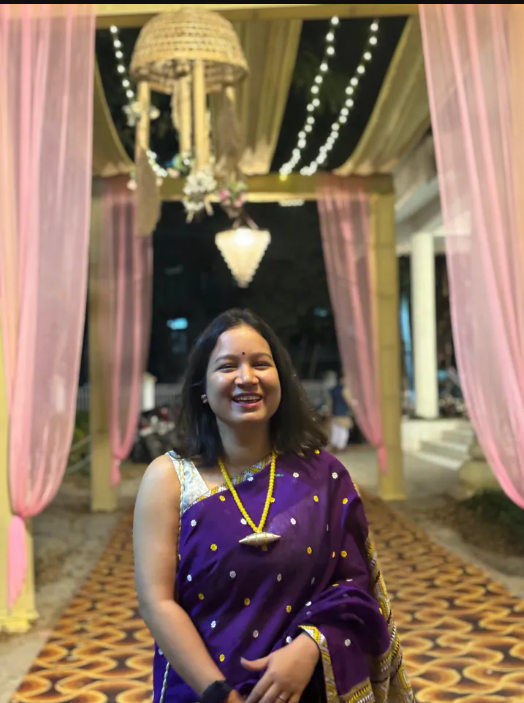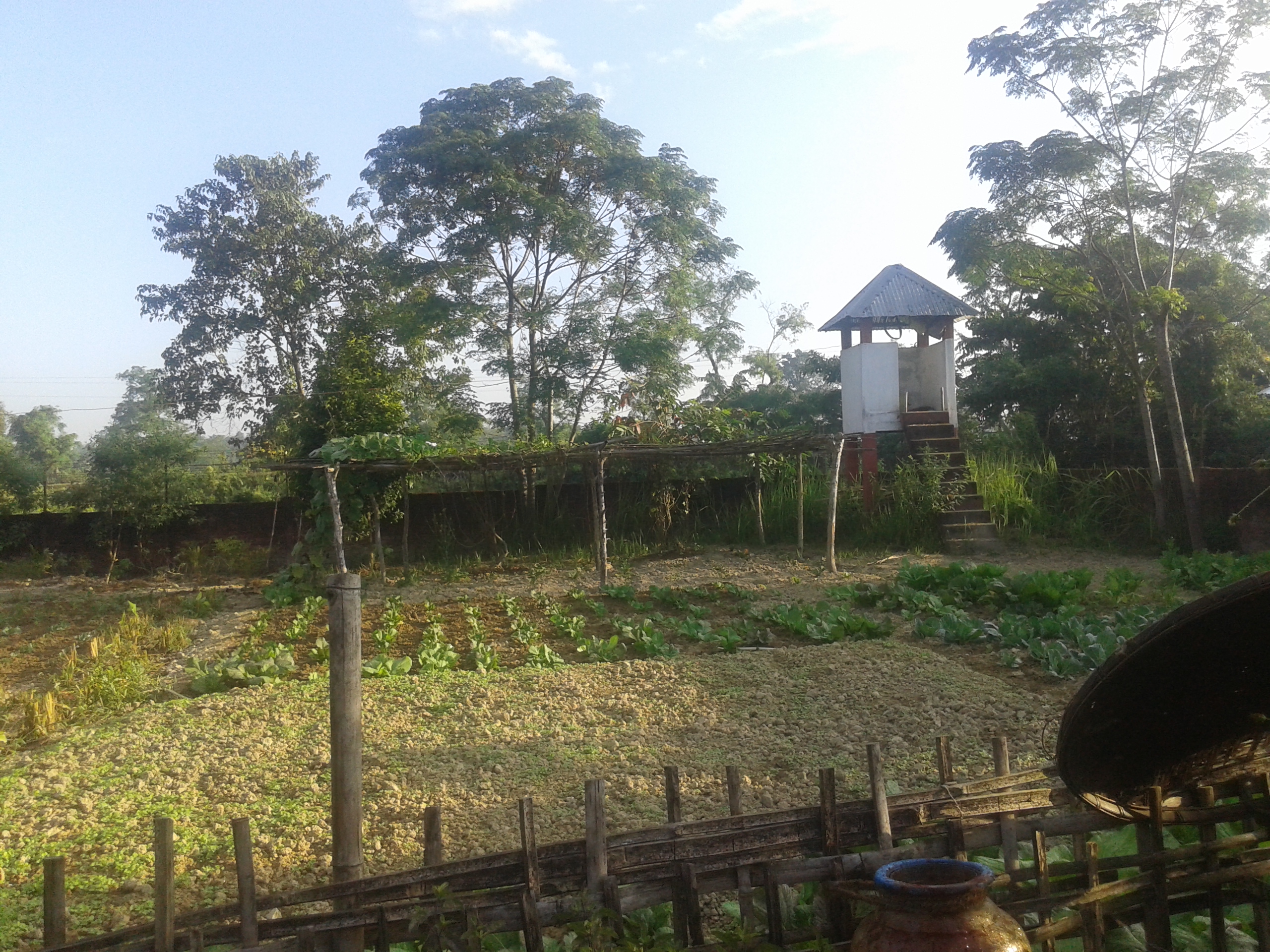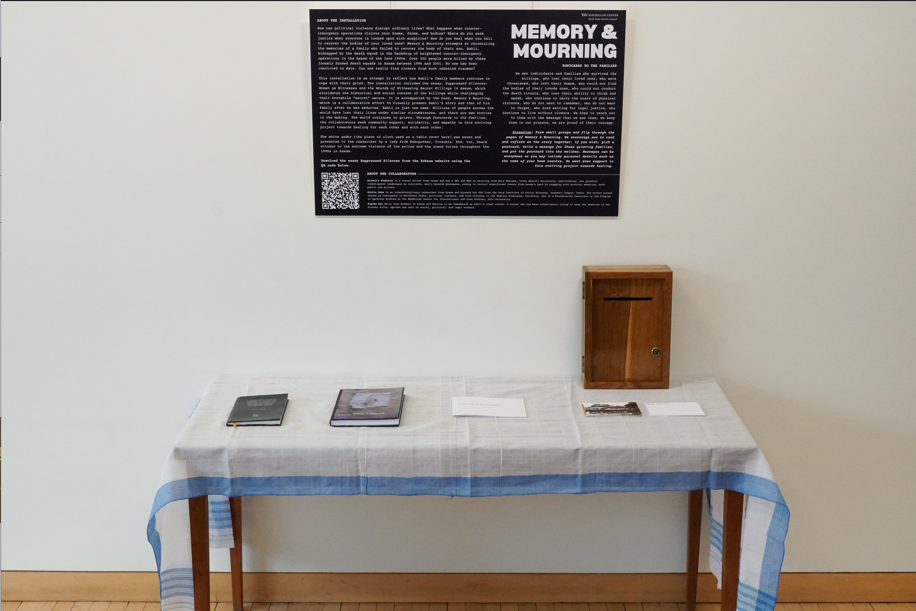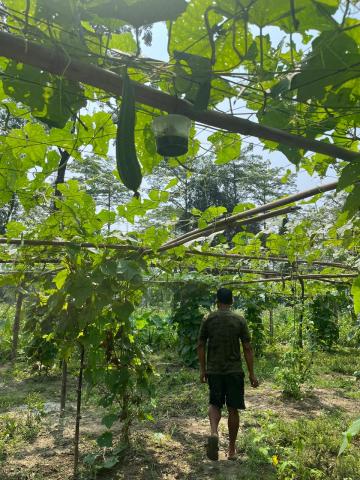Visiting Scholar Spotlight: Dixita Deka
Dixita Deka is a Postdoctoral Associate in the Program in Agrarian Studies at the MacMillan Center, and she is affiliated with the South Asian Studies Council. An interdisciplinary researcher from Assam, India, Dixita is expanding her research on food sovereignty, with a particular focus on the operations of farming cooperatives in Northeast India.
The following interview has been slightly edited for clarity and length.
What drew you to further your scholarship at Yale University?
There are three reasons that drew me to the [Program in Agrarian Studies at Yale University]: its interdisciplinary approach; the reputation of the program to be a safe space for workshopping one’s nascent ideas; and an opportunity to familiarize myself with agrarian studies scholarship, an area I have developed keen interest now. Further the weekly colloquiums where one is expected to read and engage with the pre-circulated papers make the program very unique at a postdoctoral level.
What is something that you really enjoy about Yale and New Haven? What is something you miss from home?
If I have to name one thing, it has to be the people here who have been very accommodating and super helpful. Next, I love the dogs, the Mill River, and the quiet neighborhoods of New Haven. I think it’s my family I miss the most here.
In your current work at the Agrarian Studies Program, you're examining food sovereignty through farming cooperatives in Northeast India. How does this research build on or intertwine with your previous fieldwork on militarization and gender dynamics in the region, and how do you see these areas intersecting in your broader interdisciplinary approach?
Learning about the oral histories of the women combatants further opened up the field for me to explore the memories of the extrajudicial killings in Assam, also a reason why women joined the insurgency in the first place. The former insurgents have turned into skilled farmers. I saw how many women combatants were nurturing their bari (garden) as a source of their sustenance, livelihood, and healing. My current work is centered on their farming journeys, which on one hand can inspire one to deeply delve with the rehabilitation programs in post-conflict societies, and on the other hand, examine the sustainability of the farming cooperatives more generally. I feel the Program in Agrarian Studies has also helped me in thinking through some of these dynamics across disciplinary boundaries, more holistically and globally.
You are a collaborator on a recent art installation at MacMillan’s Luce Hall, "Memory & Mourning." What was your inspiration for being a part of that collective, and how did your work influence your participation?
As an academic, I wanted to make my work accessible to the community I work with. That’s how my collaboration with visual artist, Biswajit Thakuria, began on this particular project.
What made ‘Memory & Mourning’ special for me was that our third collaborator was my interlocutor, Dipika Das, who could never recover the body of her brother kidnapped by the infamous ‘secret killers’ in Assam. The installation was about the family’s healing journey. A couple of days before the installation was set up at Yale, Dipika went to her village naam-ghor (prayer house) for a positive response and a successful inauguration of the installation.
- Humanity
- Societal Resilience




